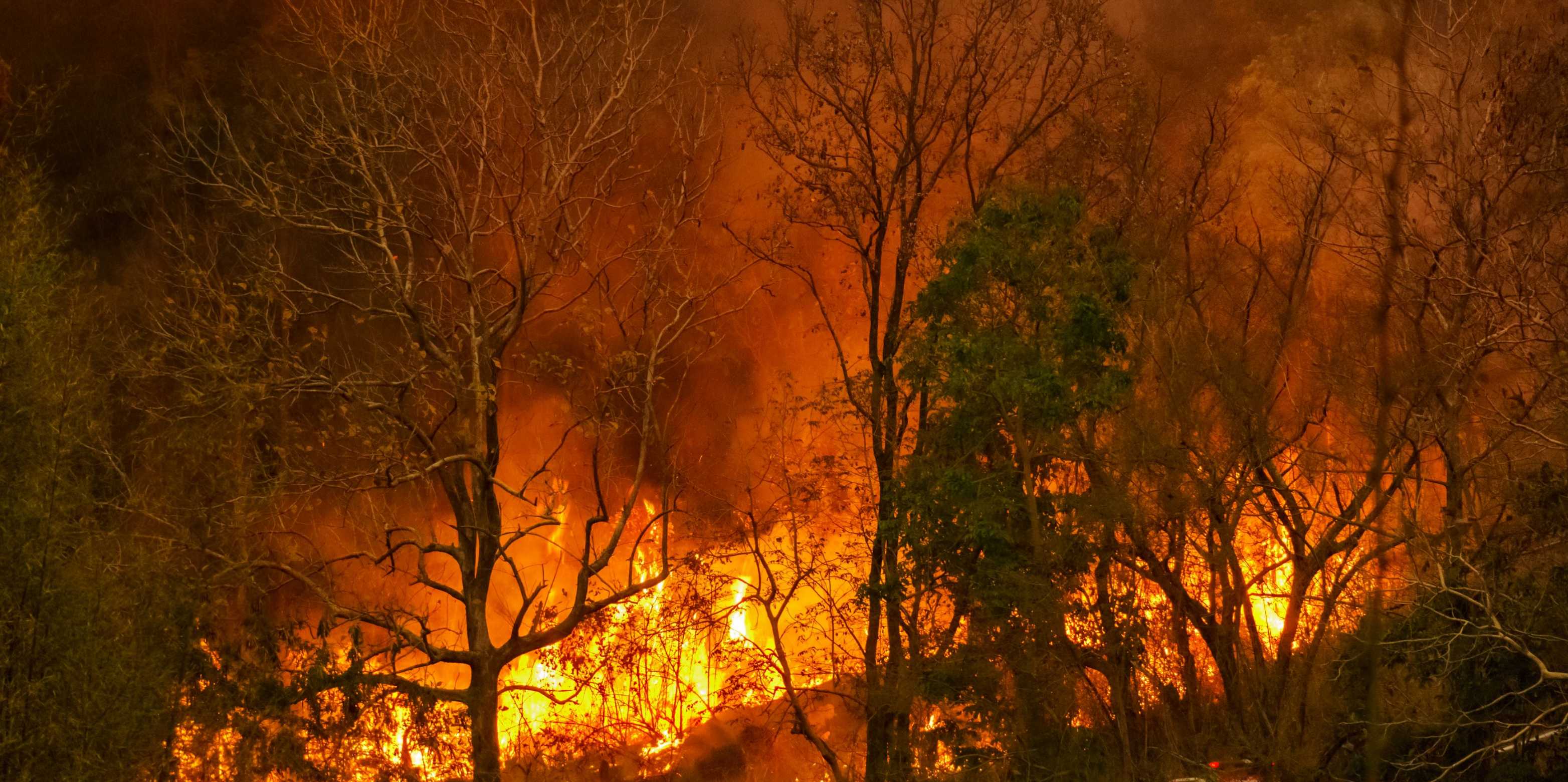
Climate catastrophes come at a price: How wildfires restrict municipal financing
Wildfires can cause large economic, social, and ecological disruptions. A recent study with the participation of KOF analyses how financial markets react to increasing wildfire risks and how this influences the public finances of affected communities.
Recently, wildfires have imposed significant costs on the US economy. In 2018, estimated losses from wildfires reached 30 billion dollars, equivalent to more than a quarter of the total damage from climate-related natural disasters in the US. Even more concerning is the projected increase in wildfire risks across many parts of the United States due to climate change.
Wildfire risks increase the cost of raising capital
In their study “Pricing Climate Risks: Evidence from Wildfires and Municipal Bonds”, ETH researchers Lint Barrage and Woongchan Jeon (both from the Chair of Energy and Climate Economics) together with KOF economist Kieran Walsh examine how financial markets react to predicted changes in future wildfire risk. They focus specifically on the fiscal costs of climate change within the US municipal bond market. In particular, they analyse the effect of future wildfire risk changes on the US school district bond spreads, defined as the additional return that financial markets require to compensate for investment risks relative to a comparable risk-free financial product.
The researchers find that when future wildfire risks increase by one standard deviation, bond spreads rise by 23 basis points, equivalent to 42% of the average spread in the data. This result indicates that municipalities facing greater increases in future wildfire risks are already paying substantially more to raise capital.
Borrowing cost impacts are larger in areas with higher racial minority population shares
The authors of the study further analyse how the impacts of changes in future wildfire risk vary across school districts with differing socioeconomic characteristics. They find that as future wildfire risks increase, school districts with higher racial minority shares pay an additional 11.5 basis points in risk premiums compared to those with lower minority shares. These findings add to the growing evidence of the disproportionate fiscal costs of climate change facing racial minority populations.
Contact
KOF Konjunkturforschungsstelle
Leonhardstrasse 21
8092
Zürich
Switzerland
Energie- und Klimawirtschaft
Zürichbergstrasse 18
8092
Zürich
Switzerland